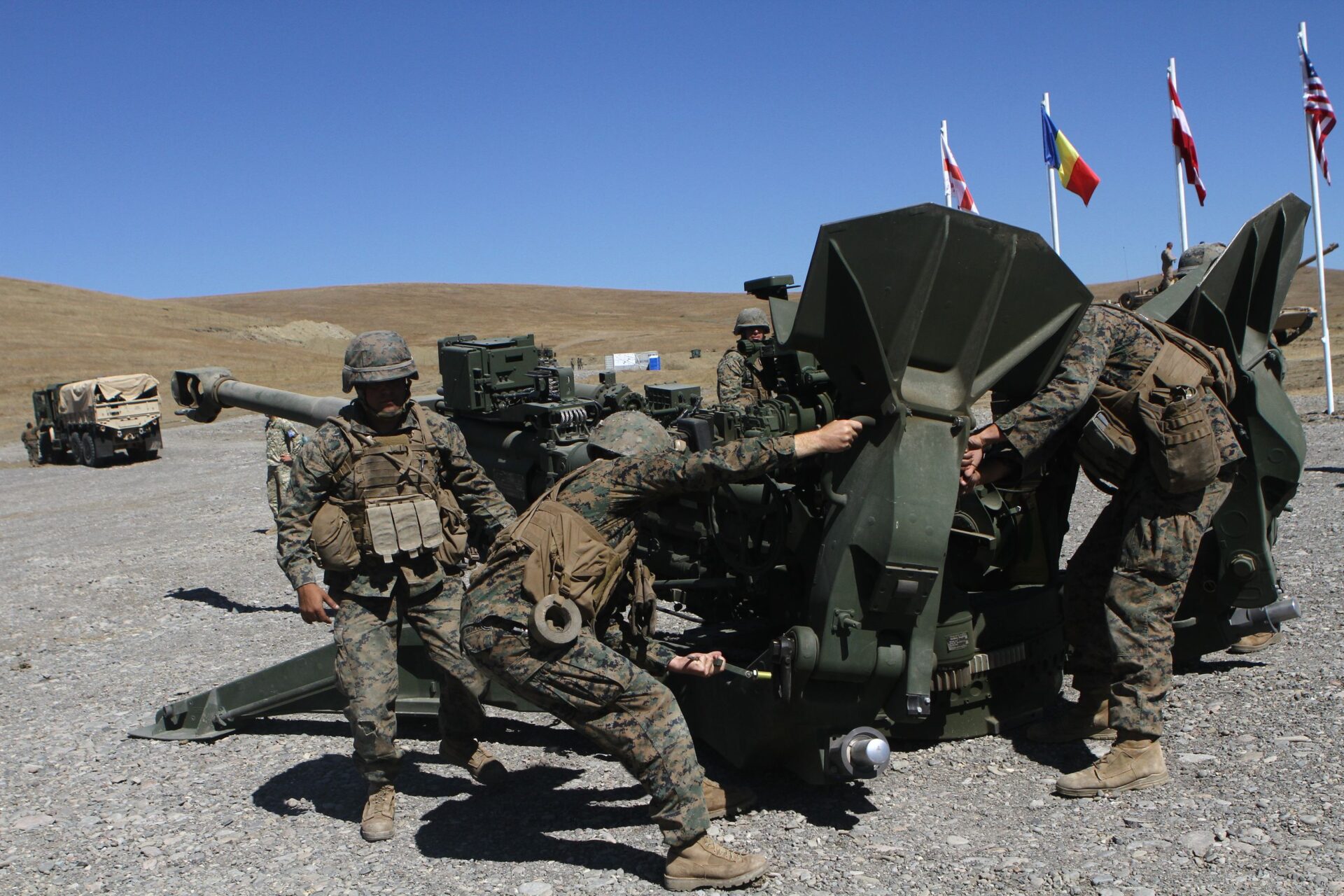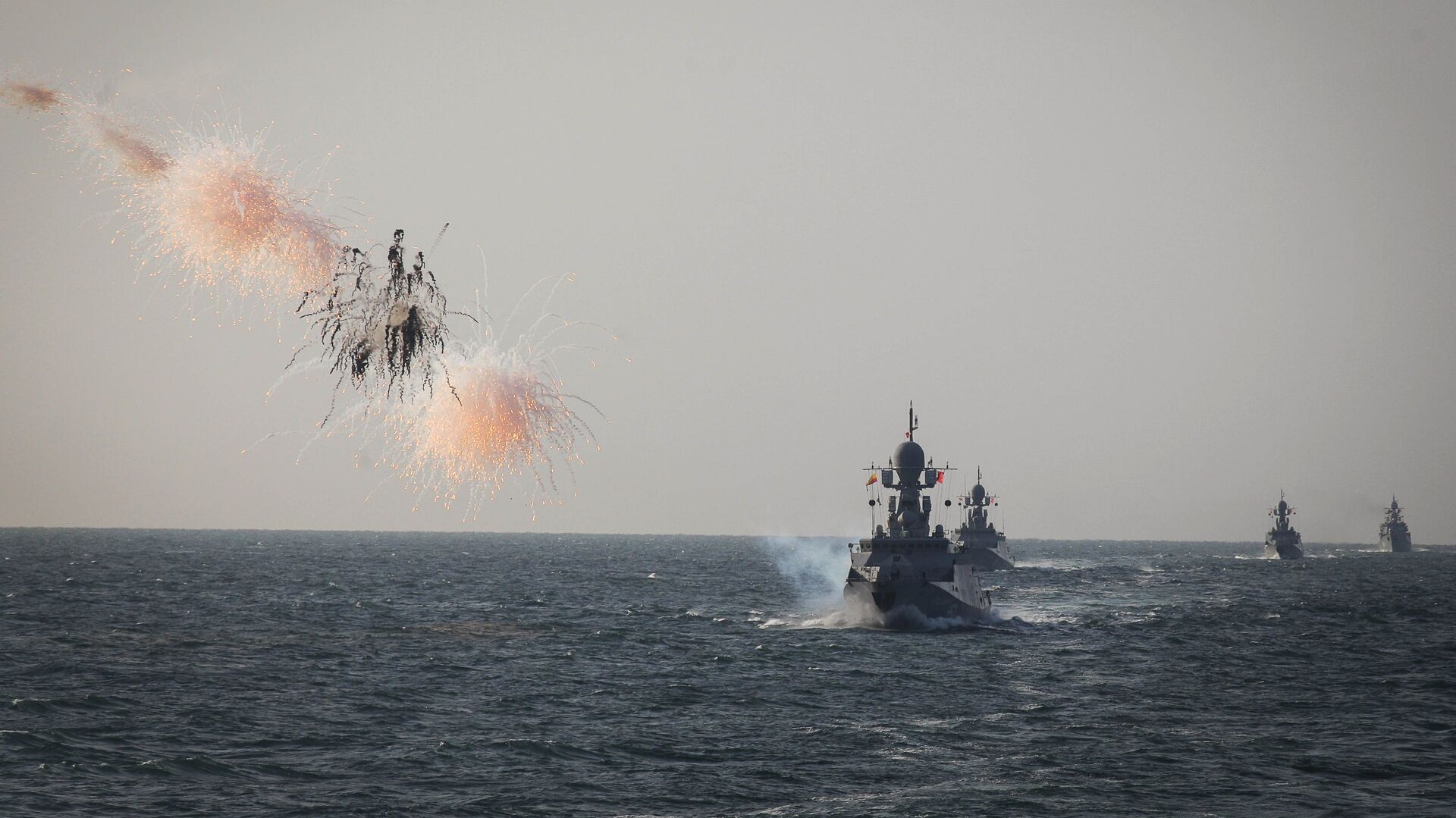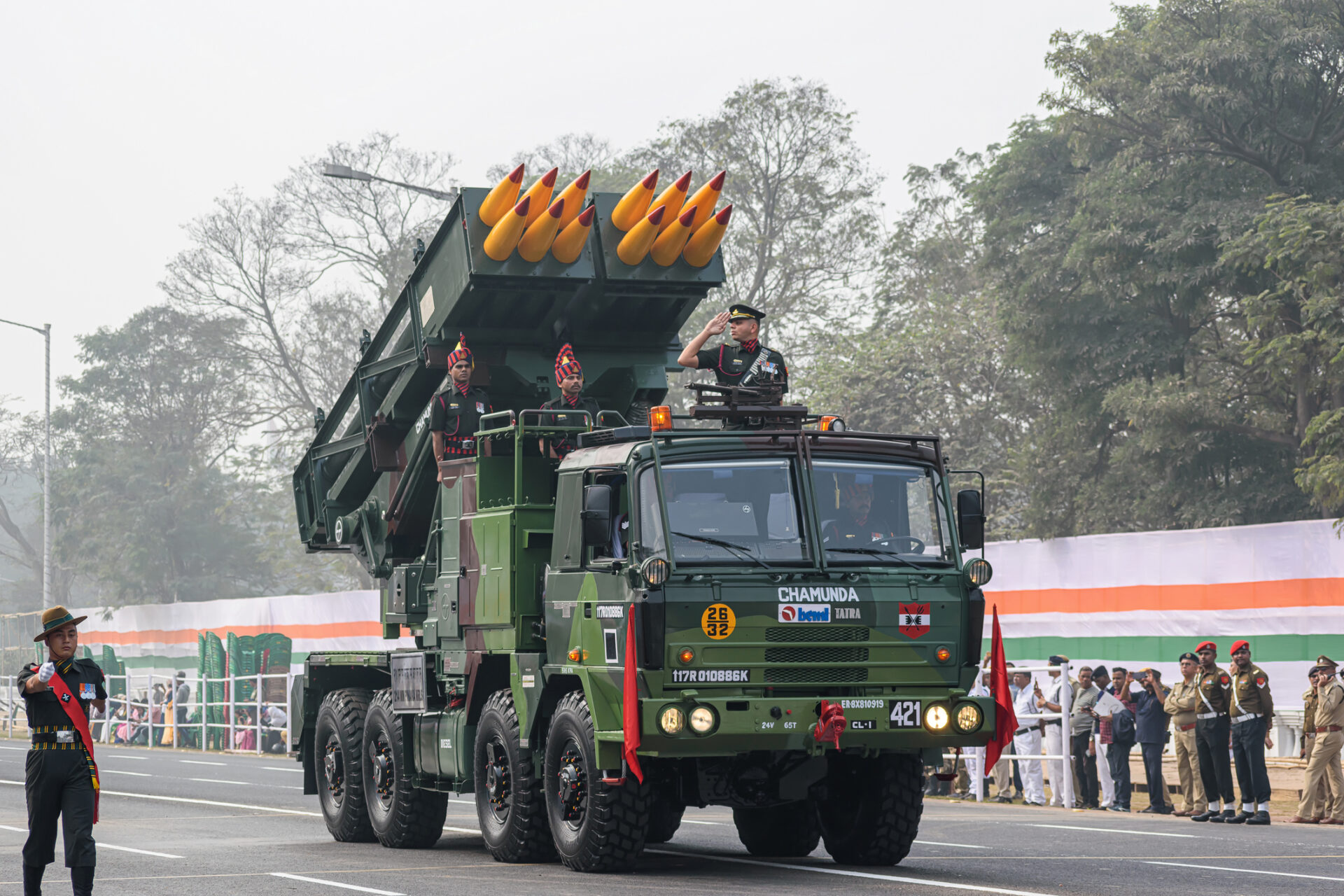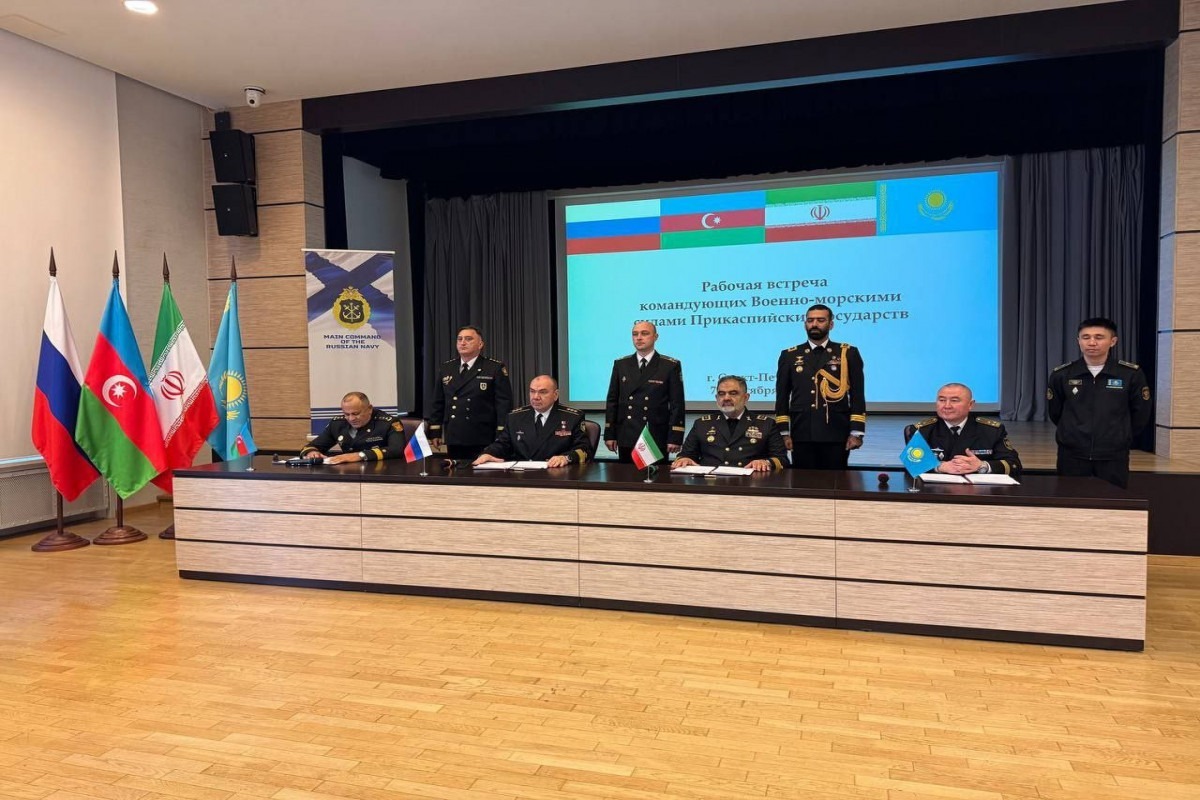
Georgia Hosts Large-Scale, Multinational Military Drills
Georgia Hosts Large-Scale, Multinational Military Drills
From September 3 to September 11, Georgia hosted the multinational military exercise Agile Spirit 2017 (Agenda.ge, September 11). Originally, Agile Sprit started off as a bilateral United States–Georgia military exercise, normally held at the Vaziani military base on the outskirts of the Georgian capital of Tbilisi. However, since 2015, it was joined by various other countries. Agile Spirit 2017, besides the US and Georgia, drew six other participants: Armenia, Azerbaijan, Bulgaria, Latvia, Romania and Ukraine—although Armenia dropped out after Azerbaijan confirmed its participation (see EDM, September 8). Overall, 1,500 troops took part in the military drills, 500 of which were personnel from the US Marine Corps Forces Europe and Africa. Moreover, the United States ferried various military equipment to Georgia’s Black Sea port of Poti—among them M1 Abrams battle tanks, which then were shipped by rail to the Orpolo firing range, in the country’s Samtskhe-Javakheti region. The key goals of the exercises were to increase regional partner interoperability, strengthen the understanding of each country’s tactics and techniques, and obtain training in multinational brigade-level command and battalion-level combined field arms firing (Civil Georgia, September 3, September 4).
However, Agile Spirit 2017 was not the only military drill that Georgia hosted this year. Barely three weeks before this annual war game commenced, Georgia completed another US-led multinational military exercise, widely known as Noble Partner. It lasted for two weeks, during the first half of August. Its scope it was even larger than Agile Spirit 2017 and, overall, included eight countries: Armenia, Georgia, Germany, Slovenia, Turkey, Ukraine, the United Kingdom and the United States. The participating troop contingent of 2,800 was also much larger, consisting of 1,600 US and 800 Georgian military personnel, and the remaining 400 was divided up among the other participants. In this exercise, the military equipment involved included US Stryker infantry carrier vehicles, which took part in these military drills for the first time. Strykers, along with other combat vehicles, traveled along the East-West Highway, from the Senaki military base in western Georgia, and passed cities, including Gori, affected by the 2008 Russian-Georgian War (Civil Georgia, July 31).
The main symbolic feature of these military drills—the fact that US military hardware drove down Georgia’s East-West Highway, almost right in front of the Russian occupying forces camped just a couple hundred yards from this strategic road—conspicuously occurred just a day before US Vice President Mike Pence’s visit to Georgia (1tv.ge, July 31). This political symbolism certainly was not lost on Georgians. Prime Minister Giorgi Kvirikashvili, President Giorgi Margvelashvili and Defense Minister Levan Izoria all exuberantly stated for weeks afterward how important these military exercises were for Georgia and its future (Rustavi 2 TV, Imedi TV, July 31, August 14, September 3, September 4). Moreover, social media was set ablaze with enthusiastic Georgians posting videos and pictures of US Strykers and other military hardware passing close to the Russian occupation line in Tskhinvali region (South Ossetia)—in fact, near the territory that Russians additionally sliced off from the rest of Georgia just several weeks before (Medianews.ge, Imedinews.ge, July 4).
Pro-Russian groups in the country, however, quickly tried to pour cold water over the overjoyed Georgians’ zeal and enthusiasm. Nino Burjanadze, the leader of the United Georgia–Democratic Movement Party, somewhat sarcastically called on Georgians to remember that once US troops and military hardware leave, the country will again be left one-on-one against Russia and its military forces. As she warned, Russia “will not easily swallow this [referring to the US-led military drills and the deployment of its troops and military hardware to Georgia]” (Primetime.ge, July 31). Archil Chkoidze, the leader of another pro-Russian group, “The Society of Erekle II,” made a similar statement, urging the Georgian government as well as the opposition to think carefully whether such military exercises are beneficial for the country at all (Sputnik-georgia.com, August 2).
US-Georgian military cooperation is clearly increasing. This year’s Agile Spirit and Noble Partner exercises were simply the latest vivid examples of this. Moreover, the importance of these military exercises is hard to underestimate, particularly for the combat readiness of the Georgian Armed Forces.
Nevertheless, the main problem lies in the fact that Americans and Georgians—and particularly the Georgian public—might have different interpretations of and expectations from these military drills. The United States certainly sees them as a means to improve its military’s interoperability with the Georgian Armed Forces and to help Georgia’s military readiness. Georgians, on the other hand, may be interpreting these military exercises as a sign, or a precursor, of a potential long-term US military deployment in Georgia, which in turn could be a deterrent against another possible future Russian military incursion. Georgian political elites, both in the government and in the pro-Western opposition, have not done much, if anything, to dispel such unrealistic expectations. Quite to the contrary: while appearing on Georgian media, they continued to feed these popular hopes week after week (Rustavi 2 TV; Channel One TV, August 2, August 3, August 15, September 3, September 10).
Overall, the annual US-led multinational military exercises in Georgia are a welcome sign of deepening US-Georgian military cooperation. And they certainly benefit both countries and their strategic partners. However, Georgian political elites surely have to do a better job of informing the public about the realistic expectations from similar military drills in the future. Otherwise, disappointment may lead to popular discontent against Georgia’s key strategic partner, something which the country can ill-afford now or in the future.


